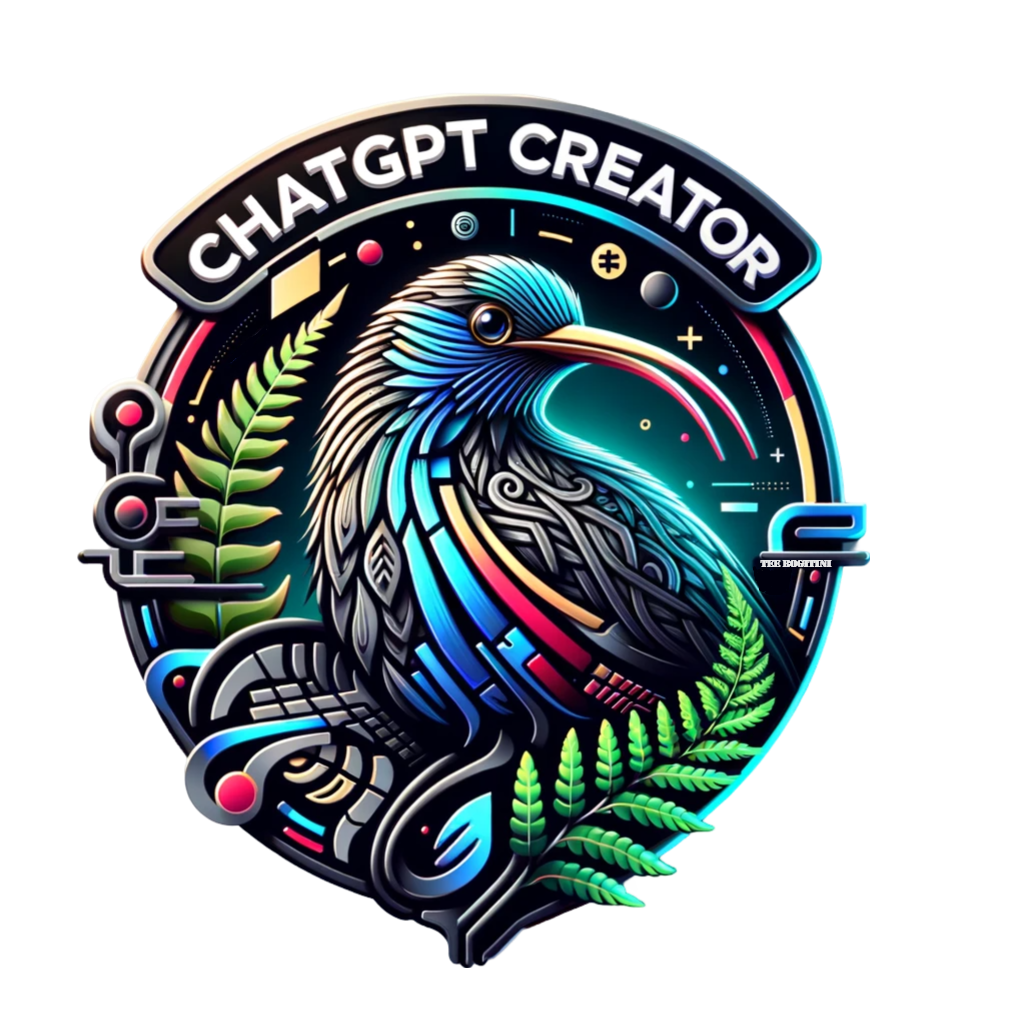Case Study 1: Mental Health Support Chatbot
Background: A customized ChatGPT was developed to provide mental health support to individuals experiencing stress and anxiety.
Implementation: This AI was trained on a vast corpus of psychological texts and real-world counseling transcripts. It was equipped to recognize emotional cues and respond empathetically.
Outcome: The ChatGPT successfully provided preliminary support, offering comfort and guidance to users. It effectively identified emotional states and responded with appropriate resources, advice, or simply empathetic listening. Users reported feeling heard and supported, showcasing the AI's ability to mimic human empathy.
Case Study 2: Customer Service AI with Emotional Recognition
Background: A business implemented a customized ChatGPT for customer service, designed to understand and respond to customer emotions.
Implementation: The AI was trained to detect frustration, confusion, and satisfaction in customer queries and respond accordingly. It used linguistic analysis to assess emotional tone.
Outcome: The ChatGPT reduced escalations to human agents by effectively handling irritated or confused customers. It could de-escalate situations by acknowledging the customer’s emotions and offering empathetic solutions, leading to higher customer satisfaction ratings.
Case Study 3: Educational AI for Student Engagement
Background: An educational institution deployed a customized ChatGPT as a virtual tutor, capable of adapting to students' emotional and educational needs.
Implementation: The AI was programmed to identify signs of frustration or disengagement in students' responses. It adapted its tutoring methods to be more engaging or supportive, depending on the student's emotional state.
Outcome: Students using the AI tutor reported a more personalized and engaging learning experience. The AI's ability to respond to their emotional and educational needs resulted in improved learning outcomes and greater student satisfaction.
These case studies demonstrate the profound impact emotional intelligence can have when integrated into customized ChatGPTs. By understanding and responding to human emotions, these AI models can offer more nuanced and effective interactions, whether in support, service, or education.


